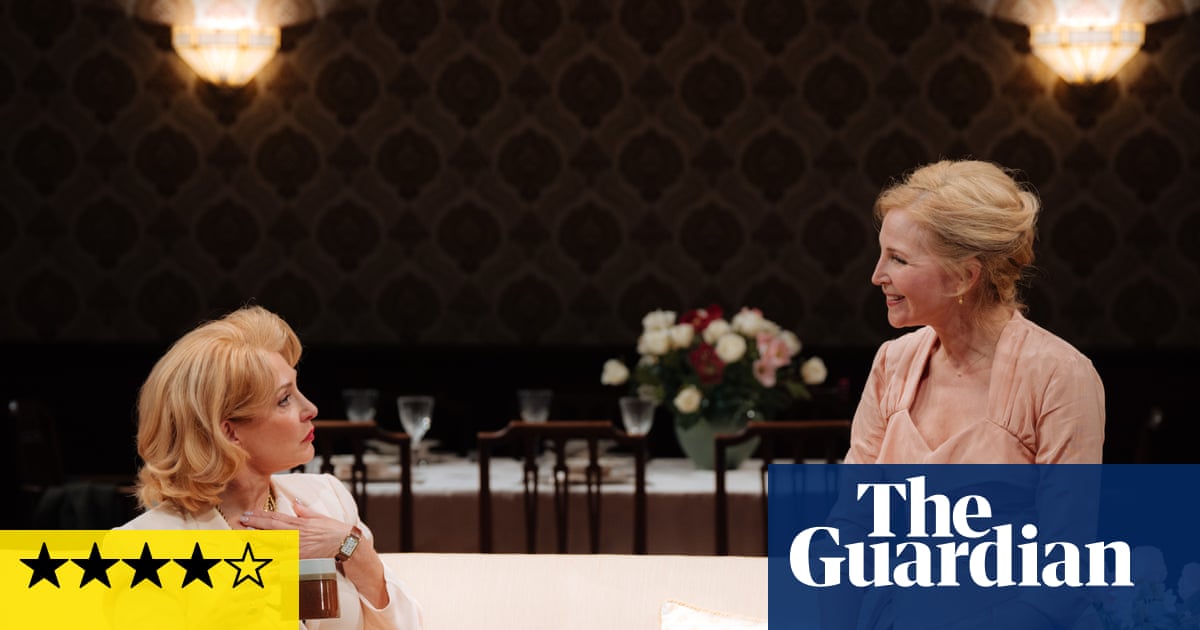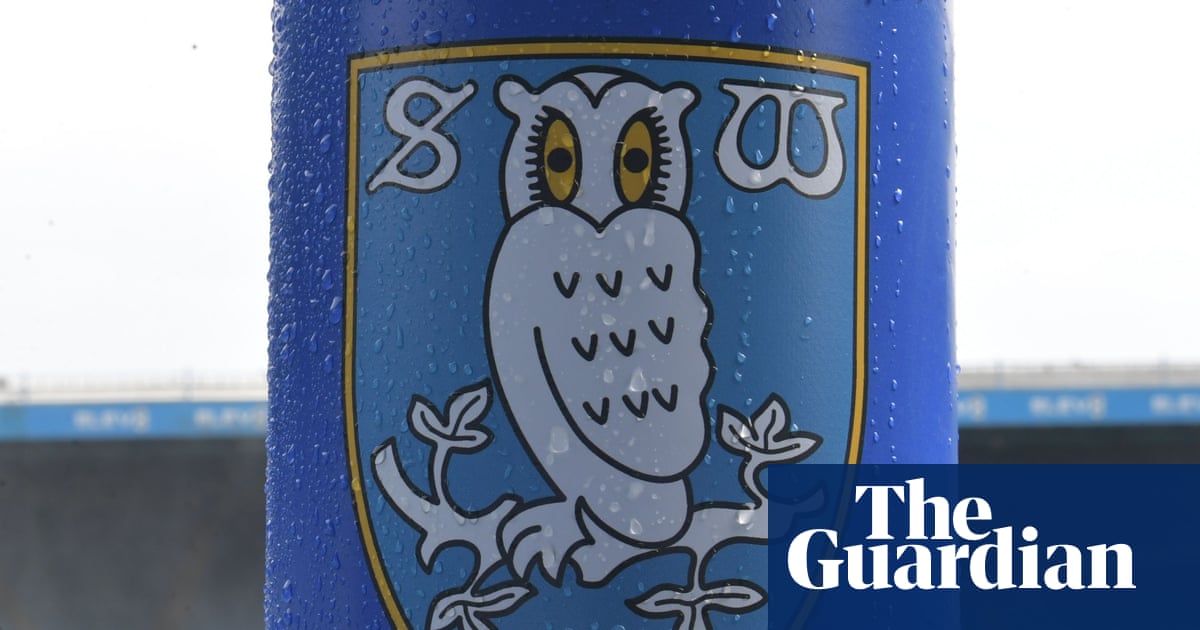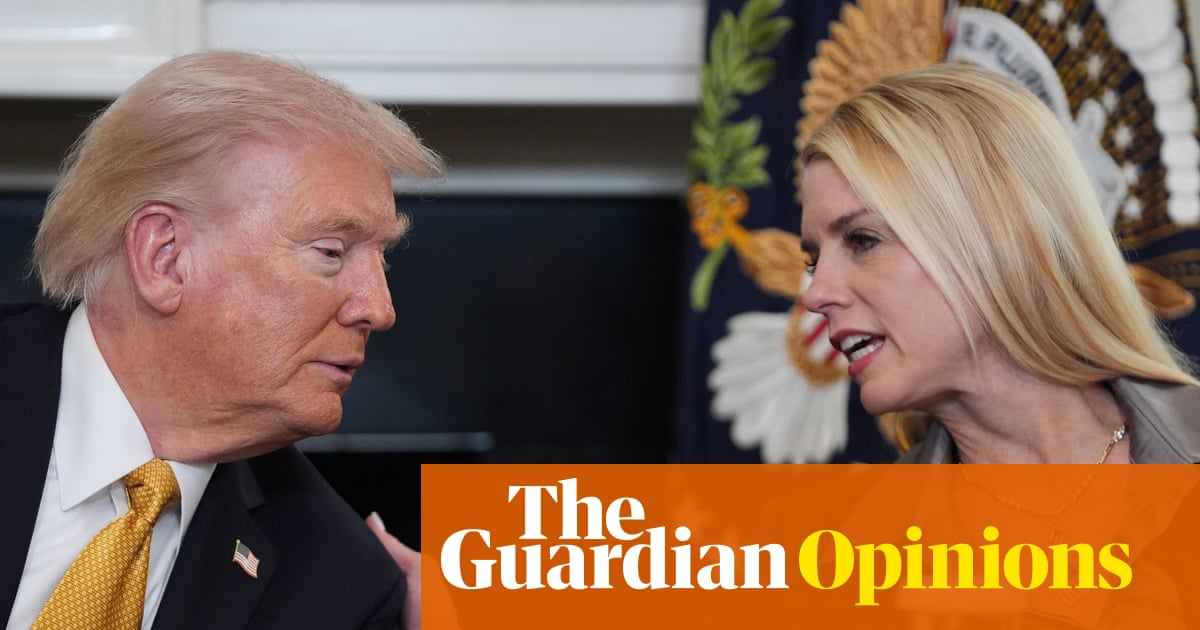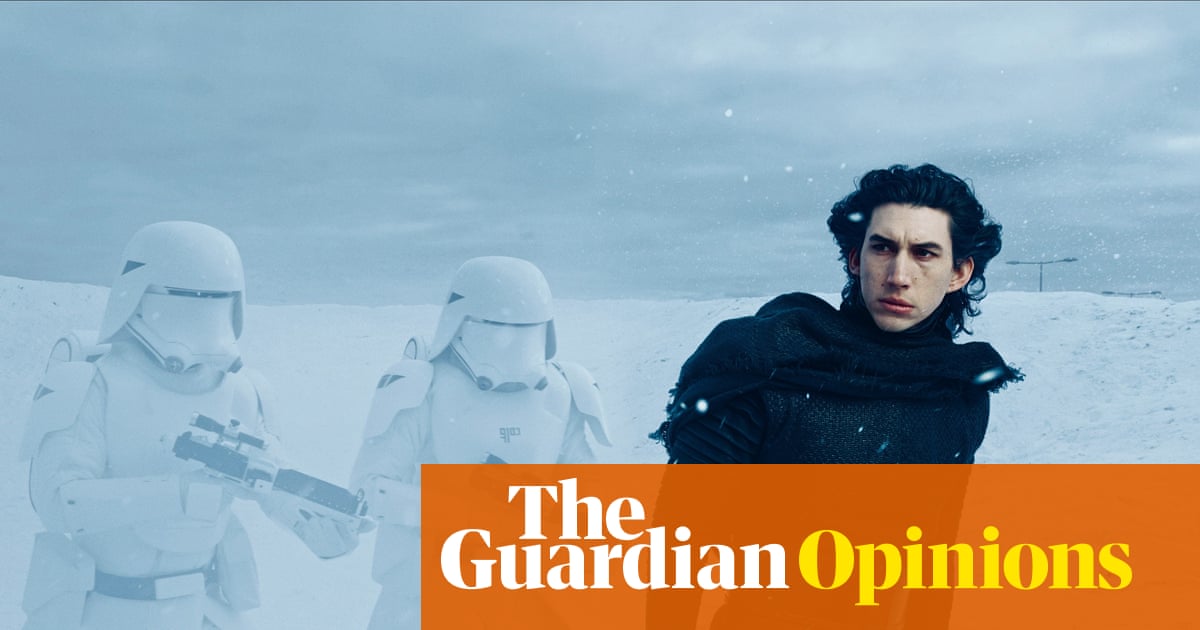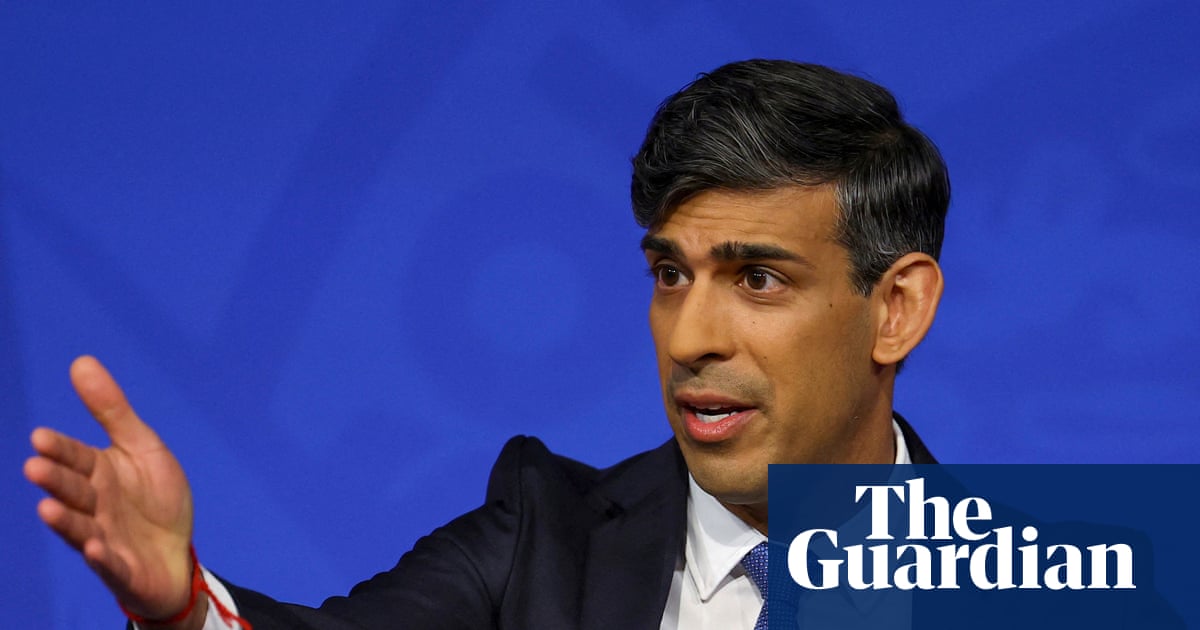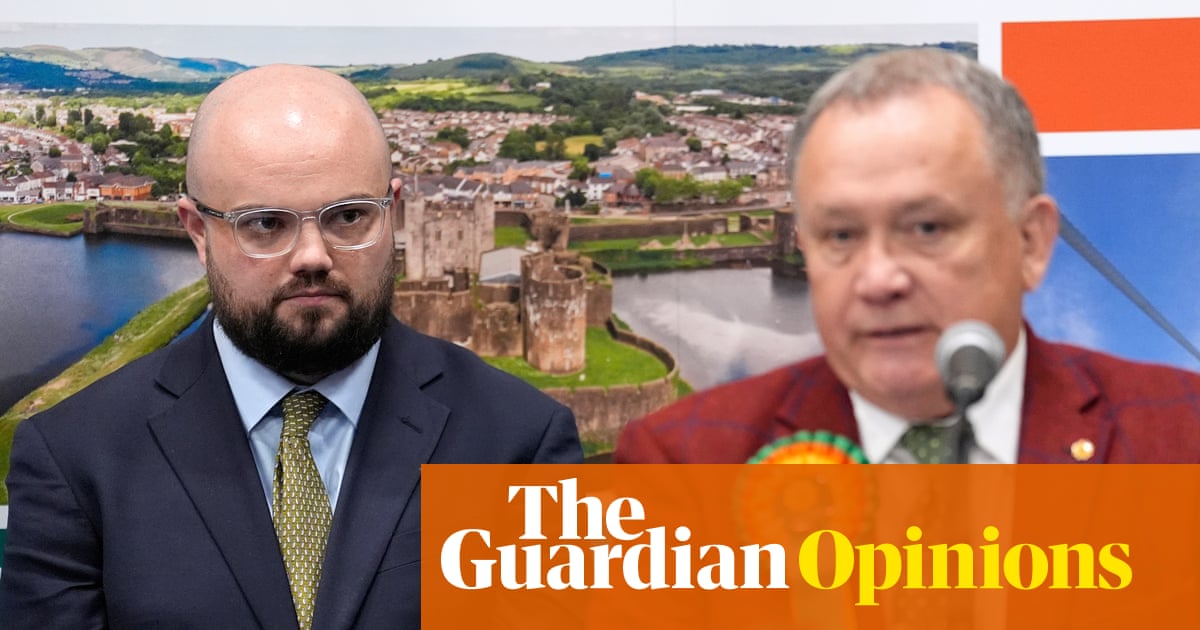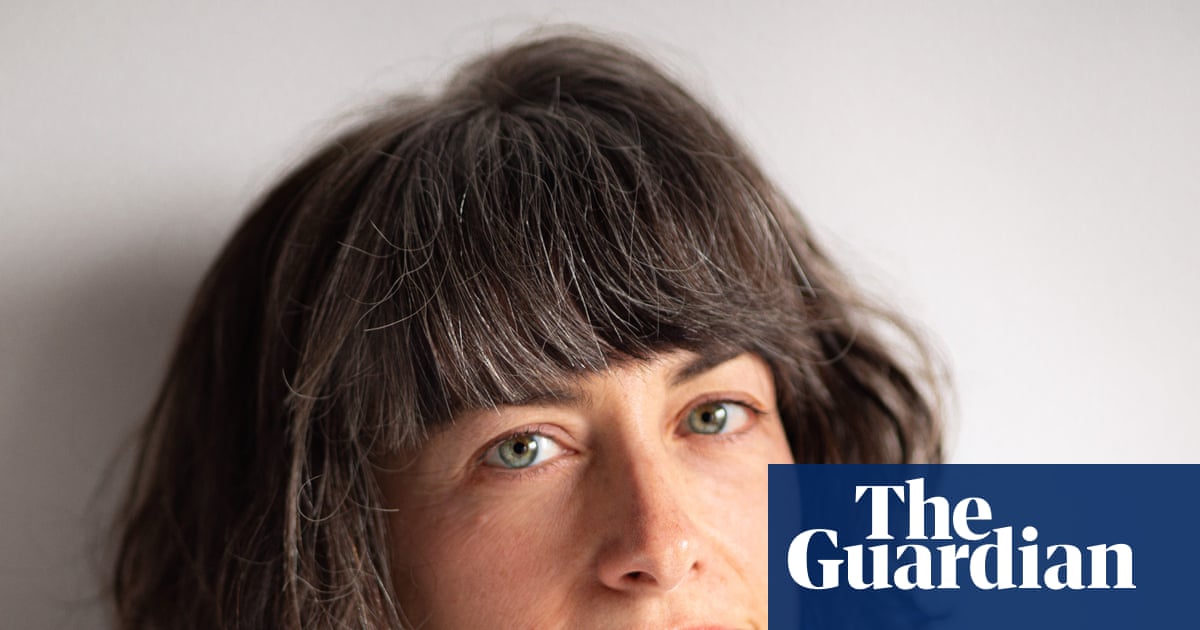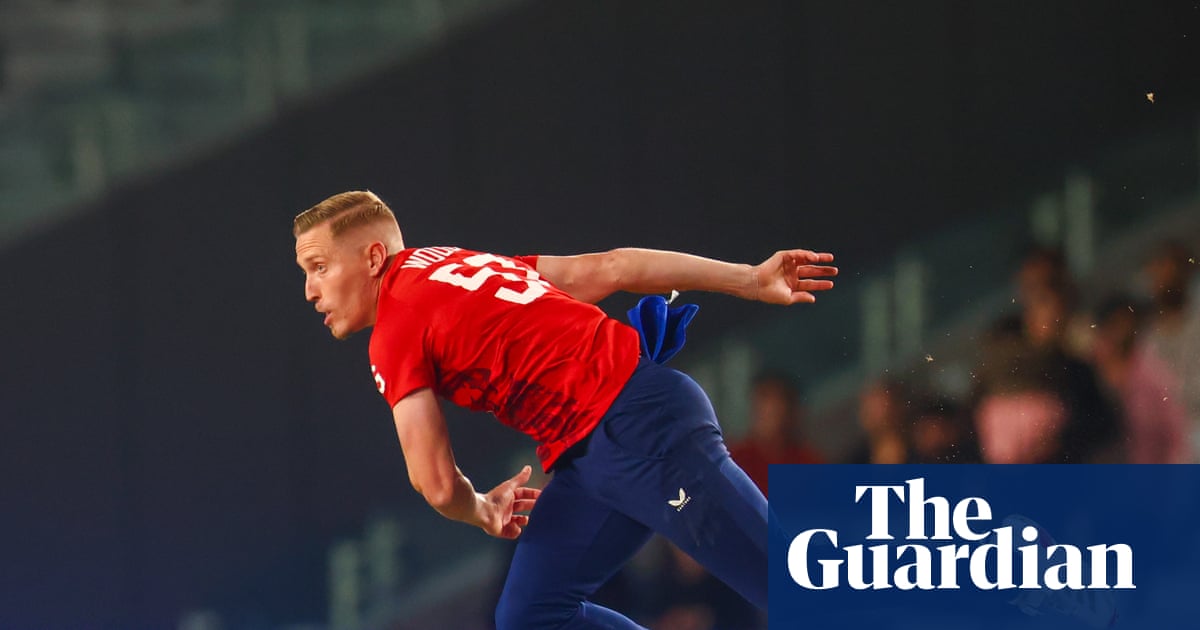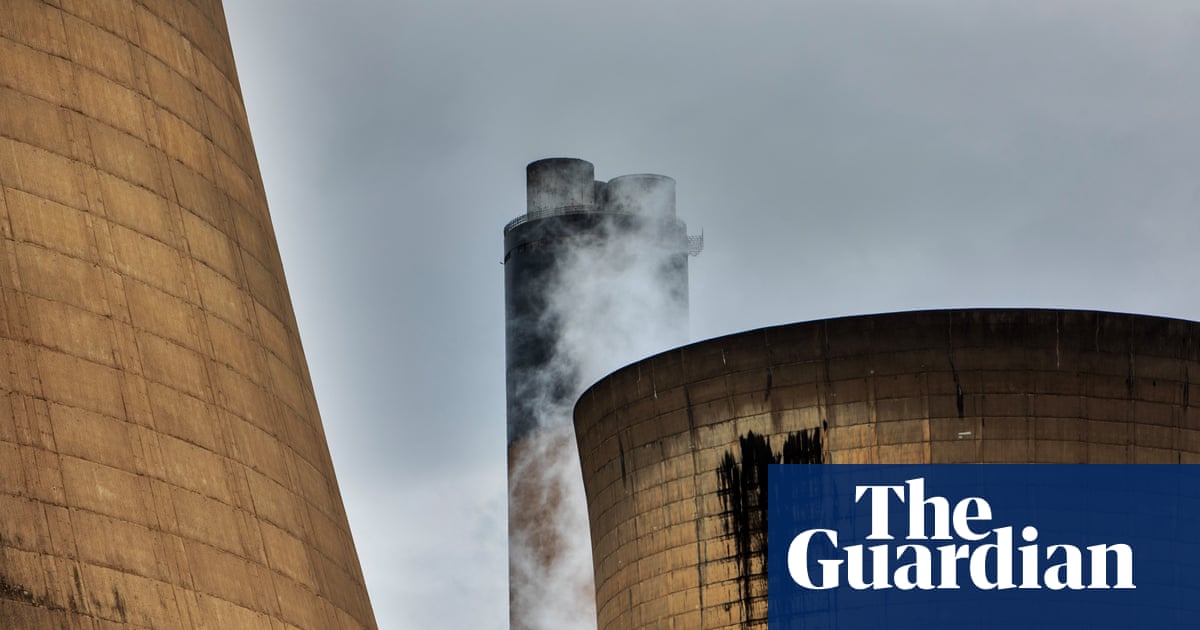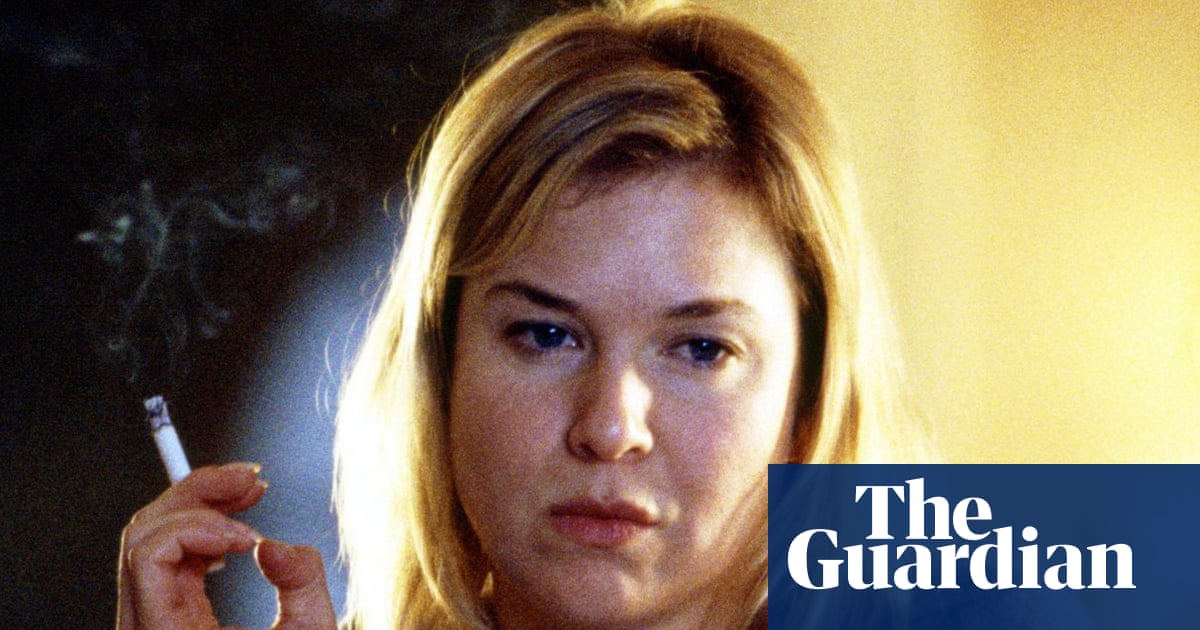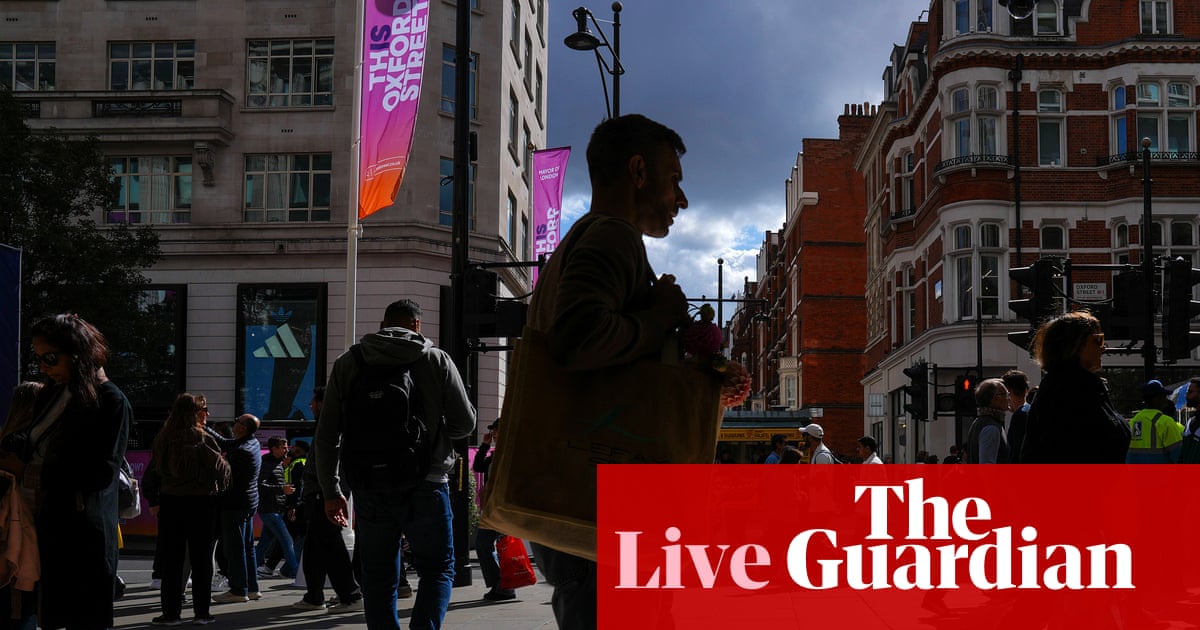Opening Summary
Ukrainian president Volodmyr Zelenskyy will travel to London on Friday for a meeting of the “coalition of the willing” hosted by prime minister Kier Starmer. Starmer intends to make the case for using frozen assets to fund Ukraine’s defences.
Cabinet Office minister Nick Thomas-Symonds told LBC:
We want to try and take Russian oil and gas off the global market.
We want also to finish the job on the frozen Russian sovereign assets, essentially so we can use the them to unlock billions of pounds to fund Ukraine’s defences and, thirdly, supplying long-range capabilities.
By that, I mean missiles to Ukraine going into the winter months, which obviously has jobs benefits here in the United Kingdom as well.
But fundamentally it is about that message to Putin and action to ramp up the pressure. Because it is Putin who is playing for time, Putin who is the one who is not coming to the table and engaging.
In other developments:
-
Belgian prime minister Bart De Wever said on Thursday that his country needs concrete and solid guarantees before supporting a plan to use frozen Russian assets to fund a giant loan to Kyiv, pointing out that the plan is “uncharted territory”. Belgium’s position is critical, as the assets in question are held by Belgian financial institution Euroclear. “Can this (plan) be legal? That is a very good question … There are no clear answers,” De Wever told reporters after attending an EU summit in Brussels on Thursday. “We will in any case be buried in litigation. That seems like a certainty.”
EU leaders did not reach an agreement on how to handle the frozen assets during the summit. The issue will be discussed further at the next EU summit in December. -
An overnight Ukrainian drone attack injured a young boy and four others in a Moscow suburb, Russian officials said Friday. The drone hit an apartment on the 14th floor of a residential building in Krasnogorsk, the governor of the Moscow region, Andrey Vorobyov, said on Telegram. Russia’s defence ministry meanwhile said it had downed 111 Ukrainian drones.
-
Germany’s economy minister begins a visit to Ukraine on Friday to discuss how Berlin can bolster the country’s defences as its energy infrastructure confronts intensifying Russian attacks.
-
Hungary is working on finding a way to “circumvent” US sanctions on Russian oil companies, prime minister Viktor Orbán said in an interview with state radio Kossuth on Friday. Orban also said that he has talked to Hungary’s oil and gas company MOL on the topic. US President Donald Trump on Wednesday imposed sanctions on Russia for the first time in his second term, targeting Lukoil and Rosneft, signifying a major shift in his approach to ending the war.
-
Vladimir Putin has said Russia will never bow to US pressure but conceded new sanctions could cause some economic pain, as China and India were reported to be scaling back Russian oil imports after Washington targeted Moscow’s two largest producers. The Russian leader on Thursday described the US sanctions as an “unfriendly act that does nothing to strengthen Russian-American relations” and “an attempt to put pressure on Russia”, which he said was futile. “No self-respecting country ever does anything under pressure,” Putin added in comments to Russian journalists.
Key events Show key events only Please turn on JavaScript to use this feature
Ireland votes for next president as polls predict landslide for Catherine Connolly

Rory Carroll

Irish voters go to the polls on Friday to elect a new president, with final opinion polls predicting a landslide for Catherine Connolly, an outspoken leftwing independent who has captured the imagination of many younger people.
An opinion poll on Thursday gave Connolly 40% versus 25% for her opponent, Heather Humphreys, a former cabinet minister. When the figures were adjusted for those who are undecided or plan to spoil their vote, Connolly had 55% and Humphreys 35%.
Two polls earlier this week also gave Connolly, 68, a wide lead in the race to succeed Michael D Higgins, who has served two seven-year terms, and become Ireland’s 10th president.
The presidency is a largely ceremonial office, but victory for the member of parliament from Galway would be a humbling rebuke to the centre-right government. It would also mark a triumph for an alliance of opposition leftwing parties – Sinn Féin, Labour, the Social Democrats, People Before Profit and the Greens – who forged a rare unity to jointly campaign for Connolly.
While the role does not have the power to shape laws or policies, past presidents have been known to air their views on important issues. Higgins has spoken out on the war in Gaza and Nato spending, among other things.
Opening Summary
Ukrainian president Volodmyr Zelenskyy will travel to London on Friday for a meeting of the “coalition of the willing” hosted by prime minister Kier Starmer. Starmer intends to make the case for using frozen assets to fund Ukraine’s defences.
Cabinet Office minister Nick Thomas-Symonds told LBC:
We want to try and take Russian oil and gas off the global market.
We want also to finish the job on the frozen Russian sovereign assets, essentially so we can use the them to unlock billions of pounds to fund Ukraine’s defences and, thirdly, supplying long-range capabilities.
By that, I mean missiles to Ukraine going into the winter months, which obviously has jobs benefits here in the United Kingdom as well.
But fundamentally it is about that message to Putin and action to ramp up the pressure. Because it is Putin who is playing for time, Putin who is the one who is not coming to the table and engaging.
In other developments:
-
Belgian prime minister Bart De Wever said on Thursday that his country needs concrete and solid guarantees before supporting a plan to use frozen Russian assets to fund a giant loan to Kyiv, pointing out that the plan is “uncharted territory”. Belgium’s position is critical, as the assets in question are held by Belgian financial institution Euroclear. “Can this (plan) be legal? That is a very good question … There are no clear answers,” De Wever told reporters after attending an EU summit in Brussels on Thursday. “We will in any case be buried in litigation. That seems like a certainty.”
EU leaders did not reach an agreement on how to handle the frozen assets during the summit. The issue will be discussed further at the next EU summit in December. -
An overnight Ukrainian drone attack injured a young boy and four others in a Moscow suburb, Russian officials said Friday. The drone hit an apartment on the 14th floor of a residential building in Krasnogorsk, the governor of the Moscow region, Andrey Vorobyov, said on Telegram. Russia’s defence ministry meanwhile said it had downed 111 Ukrainian drones.
-
Germany’s economy minister begins a visit to Ukraine on Friday to discuss how Berlin can bolster the country’s defences as its energy infrastructure confronts intensifying Russian attacks.
-
Hungary is working on finding a way to “circumvent” US sanctions on Russian oil companies, prime minister Viktor Orbán said in an interview with state radio Kossuth on Friday. Orban also said that he has talked to Hungary’s oil and gas company MOL on the topic. US President Donald Trump on Wednesday imposed sanctions on Russia for the first time in his second term, targeting Lukoil and Rosneft, signifying a major shift in his approach to ending the war.
-
Vladimir Putin has said Russia will never bow to US pressure but conceded new sanctions could cause some economic pain, as China and India were reported to be scaling back Russian oil imports after Washington targeted Moscow’s two largest producers. The Russian leader on Thursday described the US sanctions as an “unfriendly act that does nothing to strengthen Russian-American relations” and “an attempt to put pressure on Russia”, which he said was futile. “No self-respecting country ever does anything under pressure,” Putin added in comments to Russian journalists.

.png) 4 hours ago
5
4 hours ago
5

